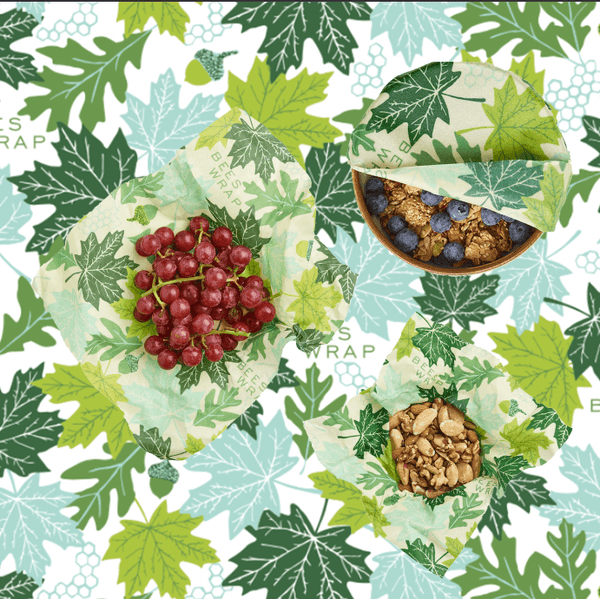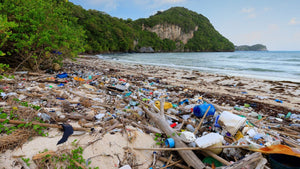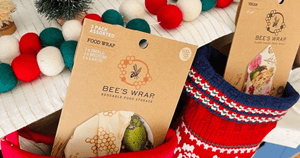Why organic cotton matters

Our business is founded on the premise that little choices add up to big change. Choosing to carry your lunch in a sandwich wrap instead of a disposable sandwich baggie, or choosing to bundle a hunk of cheese in Bee's Wrap instead of cling film? That matters.

Naturally, we extend that ethos to our production: The choices we make as a company matter. This ethos is why we're committed to using recycled, plastic-free packaging. It's why we're picky about where and how we source our beeswax, working with beekeepers who meet strict sustainability standards. And it's why we use Global Organic Textile Standard (GOTS)-certified organic cotton as the foundation for our wraps.

Approximately half of all textiles are made from cotton, yet conventionally produced cotton is considered the world's dirtiest, thirstiest crop. Cotton production uses more than 15 percent of the world's pesticides, even though it consumes less than three percent of the world's farmland. From pesticide runoff to habitat degradation, from soil depletion to water contamination, cotton threatens ecosystems worldwide. The World Health Organization (WHO) estimates that approximately 20,000 people die each year in developing countries as a result of the chemicals sprayed on non-organic cotton, and the EPA has labeled seven of the top 15 pesticides used on cotton as "possible," "likely," "probable," or "known" human carcinogens.
By contrast, organic cotton is grown without chemical fertilizers, defoliants, pesticides, or herbicides, and is always grown from untreated, non-genetically modified seed. At Bee's Wrap, we only use cotton that is GOTS-certified, which comes with additional layers of protection; GOTS-certified fabrics are made without chlorine bleaches, heavy metal dyes, and finishers that contain suspected carcinogens or toxins.
The GOTS certification also ensures that key social criteria are met — protecting workers' right to collective bargaining, ensuring safe and hygienic working conditions, prohibiting children labor, and paying living wages, among other requirements.
Fabric is the foundation of our wraps, and the fabrics we choose matter. When you hold Bee's Wrap in your hands, you're holding the culmination of many minute choices at every step of the supply chain to prioritize the health of the planet, and the health of the people who call it home.
And that, it turns out, is no small thing after all.






